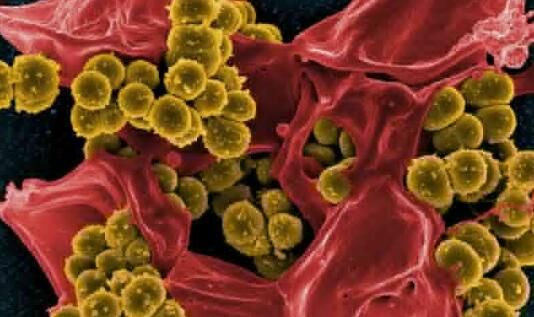• Adenovirus Service • AAV Service • Lentivirus Service • Retrovirus Service




New cancer immunotherapy involves extracting and genetically modifying patients' T cells so they can identify and attack tumors. This technology is a true medical breakthrough. Since CAR-T cell therapy was approved by the U.S. Food and Drug Administration (FDA) in 2017, more and more patients with leukemia and lymphoma have experienced complete remission. However, genetically modifying patients' T cells is laborious and expensive. Even if the treatment is successful, changes in the immune system can cause the patient to become seriously ill in a short period, with fever, nausea, and neurological symptoms.

The existence of coronavirus has long been known. As a virus that can infect the respiratory and digestive tracts of animals and humans, it has not received enough attention from humans for a long time. This arrogance is also excusable - in healthy people with normal immunity, coronaviruses cause only very mild symptoms. However, during the first decade of the 21st century, SARS broke out. In July 2003, data showed that the SARS virus caused 8096 cases of infection and 774 people death in 27 countries. 10 years later, the Middle East Respiratory Syndrome caused by the MERS virus brought 1,728 confirmed cases in 27 countries and claimed 624 lives.

In the wave of gene therapy recently being developed by academic research laboratories and biotechnology laboratories, adeno-associated virus (AAV) has become the carrier of choice for delivering therapeutic genes to target tissues.

Recently, a research report published in the journal of Nature Metabolism, scientists from the University of Cincinnati developed a new method to target the molecular processes that activate specific protein complexes. Related research may be expected to help develop new therapies for treating tumor diseases.

Recently, a research report published in the international magazine PNAS, scientists from the Duke University Medical Center found that a particular genetic predisposition may increase the risk of an individual successfully resisting drug-resistant staphylococcus aureus infection. The findings help researchers understand the specific genetic factors that make certain people susceptible to MRSA (methicillin-resistant staphylococcus aureus) infection and help researchers find new therapy to defense against MRSA infection.

In a new study, researchers from the Francis-Crick Institute in the United Kingdom identified key genes for the survival of Toxoplasma gondii in mice by using a CRISPR-based gene screening method. Related research results were recently published in the journal of Nature Communications. This study provides a flexible new approach to extending the use of CRISPR screening, which also allows for the simultaneous testing of hundreds of genes in Toxoplasma in mice, thereby greatly reducing the number of research animals used.

A team of researchers from Canada, the United States, and Sweden found that editing a gene involved in the production of proteins that promote muscle strength can alleviate symptoms in a mouse model of muscular dystrophy. In their paper published in the journal of Nature, the team described their experiments with mice and the new knowledge they learned.

In terms of drug development, currently, the most frequently used gene editing technology is the preparation of animal models.

The vaccine can prevent millions of deaths each year and push certain diseases to the brink of survival. However, it turns out that developing effective vaccines against multiple viruses is extremely challenging, if not impossible.

In a recent study, researchers at the University of California, San Francisco described the first concrete example of how a microbiome can interfere with the intended effects of a drug. They focus on L-dopa, the main treatment for Parkinson's disease, which identifies which of the trillions of bacteria are responsible for degrading drugs and how to prevent this microbial interference.